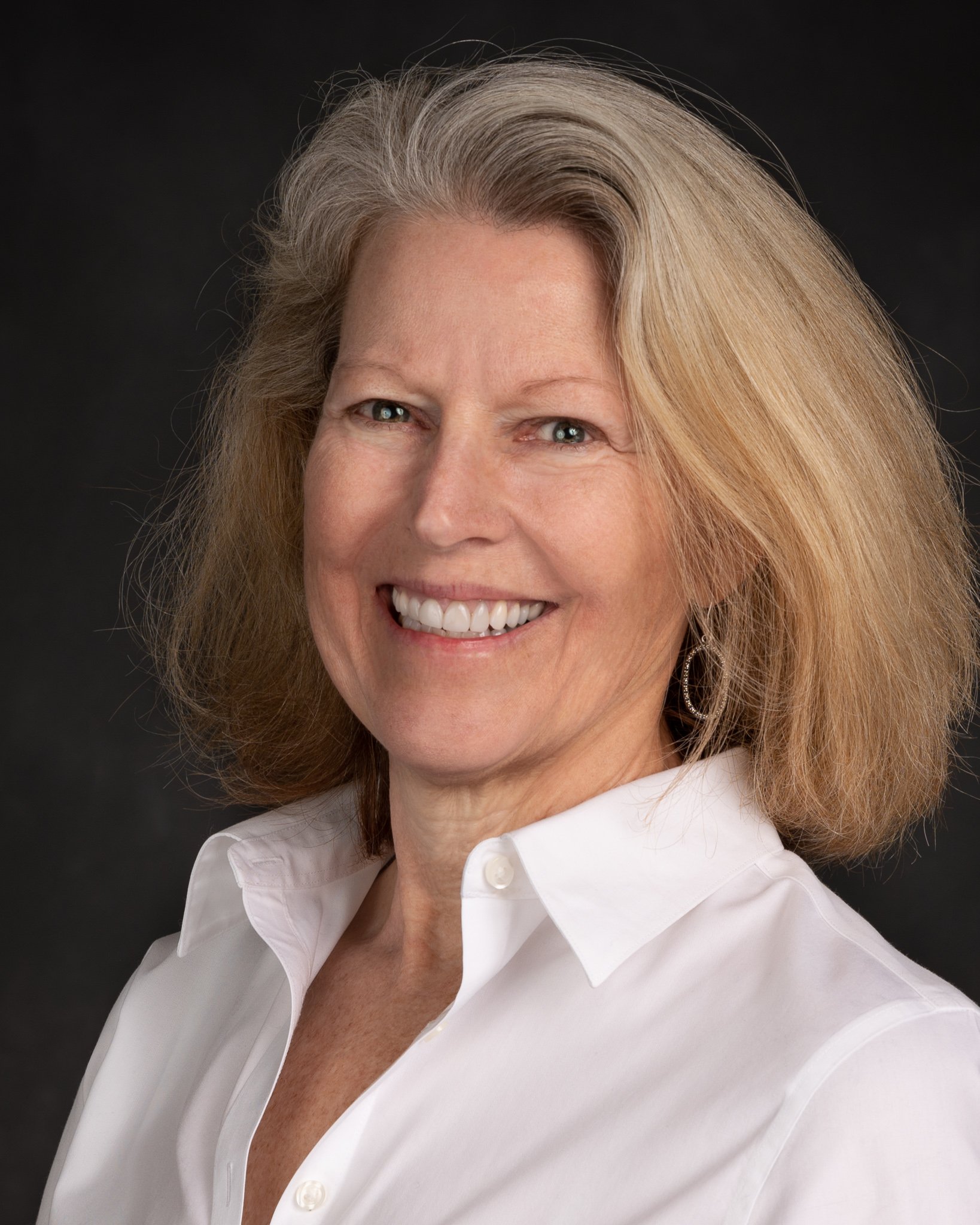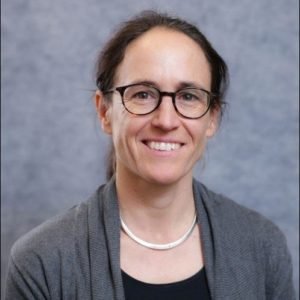
Speakers - 2023 EEMDL Event
-

Brad Crabtree
Assistant Secretary, Office of Fossil Energy and Carbon Management
U.S. Department of Energy
-

Stefanie Rucker
Manager, Office of Innovations in Planning and Air Quality Assessment
Colorado Department of Public Health and Environment -

Edward Lush
Director Business Development, New Energy Ventures
Williams -

Tracey Cameron
Director, Corporate Climate Engagement – Oil & Gas
Ceres
-
Tom Curry
Director of Policy and Analysis, Office of Resource Sustainability
United States Department of Energy
-

Dr. Morgan Bazilian
Director, The Payne Institute for Public Policy
Professor of Public Policy, Division of Business & Economics
Colorado School of Mines
-

Dr. Paul Balcombe
Sr. Lecturer in Chemical Engineering & Renewable Energy
Queen Mary’s University
-

Dr. Thomas Fox
President
Highwood Emissions Management
-

Chad Zamarin
EVP, Corporate Strategic Development
Williams -

Corey Grindal
EVP & Chief Operating Officer
Cheniere Energy -

Dr. Daniel Cusworth
Project Scientist
Carbon Mapper -

Matthew Balhoff
Chair, Hildebrand Department of Petroleum and Geosystems Engineering
The University of Texas at Austin n goes here
-

Dr. David Lyon
Special Advisor for Implementation
U.S. EPA -

Matthew McMullin
EVP, Global Climate Practice Leader & Energy Industry Practice Leader
Chubb
-

Dr. Erin Tullos
Senior Research Fellow, McKetta Department of Chemical Engineering
UT Austin
-

Damon Burtt
Climate Change Consultant
Carbon Limits
-

Andy Grimes
Managing Director, Research Development & Relations
EEMDL, UT Austin -

Arvind Ravikumar
Co-Director, Department of Petroleum Engineering
EEMDL, UT Austin -

Ben Cahill
Senior Fellow, Energy Security and Climate Change Program
Center for Strategic & International Studies (CSIS) -

Carrie Jenks
Executive Director, Environmental & Energy Law Program
Harvard University
-

Daniel Zimmerle
Director, Methane Emissions Program
Colorado State University -

Dr. David Allen
Co-Director, Department of Chemical Engineering
EEMDL, UT Austin -

Dr. Dorit Hammerling
Associate Professor, Applied Mathematics & Statistic
Colorado School of Mines
-

Fiji George
Senior Director, Climate & Sustainability
Cheniere Energy
-

Keith Shoemaker
SVP, Commercial
EQT Corp.
-

Dr. Lea Hildebrandt Ruiz
Associate Professor, McKetta Department of Chemical Engineering & Center for Energy and Environmental Resources
UT Austin -

Dr. Lyra Wang
Research Scientist
EEMDL, UT Austin -

Matthew Johnson
Professor & Head of Energy Emissions Research Lab
Carleton University
-

Andy Uhler
Journalism Fellow
UT’s Energy Institute & Columbia University’s Center on Global Energy Policy -

Colette Schissel
PhD Candidate
UT Austin -

James Diamond
Manager, Technical Operations & Upstream Regulatory Team
Environment and Climate Change Canada (ECCC) -

Andreea Calcan
Programme Management Officer
UNEP
-

Nile Garritson
Associate Portfolio Manager
CalSTRS
-

Alex Bosiljevac
Engineering Specialist, Environmental
EQT Corporation
-

Roger T. Bonnecaze
Dean of the Cockrell School of Engineering
The University of Texas at Austin

